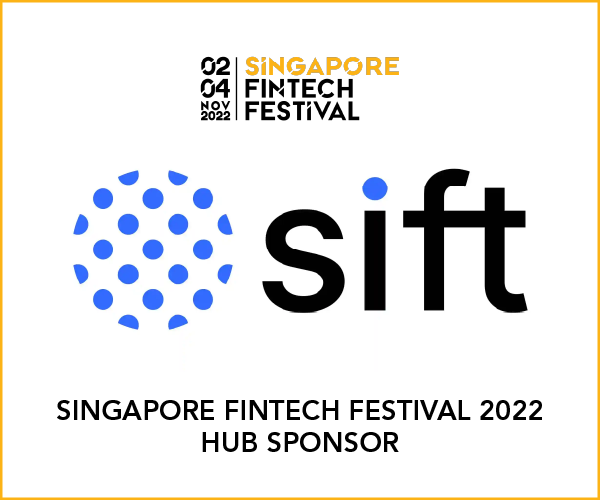
CFTE Releases Skills Framework to Evaluate the Skills Required in Fintech
by Fintech News Singapore November 3, 2022The Centre for Finance, Technology and Entrepreneurship (CFTE) announced the release of its SHIME skills framework, aimed at assisting individuals, corporations, and governments to become more digitally literate by upskilling at the Singapore Fintech Festival.
According to CFTE, the framework is the first industry mechanism to evaluate the skills required in fintech.
In the “Fintech Job Report “released last year, CFTE evaluated 225 largest fintech companies and 40,000 jobs to create awareness about the jobs and skills required by the fintech industry.
The report was also published in a book, available on Amazon, by the Co-founders of CFTE, Huy Nguyen Trieu and Tram Anh Nguyen, aiming to increase awareness and make this knowledge accessible to more. It also highlighted the importance of skills required in fintech jobs.
Ever since the COVID pandemic, economies worldwide have suffered, and recent geopolitical events have worsened global conditions, adding uncertainty and unpredictability.
It is a balancing act between companies and individuals in terms of hiring in the fintech industry, especially when there are constant innovations in the market.
Companies need to find the best candidates with the right set of skills, while candidates are finding it hard to evaluate their skill sets and suitability.
This is where the framework comes into match-make job positions with individuals with the right skills.

Tram Anh Nguyen
CFTE’s Co-founder Tram Anh Nguyen said,
“We all know that skills in financial services today differ from a decade ago. It can be challenging for organisations, governments, and individuals to identify the important skills, which is why we created the SHIME framework to support those who want to adapt to the new world of finance.”
The five aspects of SHIME framework are made up of five aspects; soft skills, hard skills, industry knowledge, mindset, and experience.
With the heavy emphasis on hard skills in the fintech industry, soft skills and mindsets are becoming more critical for companies to hire suitable candidates.
The SHIME fintech assessment aims to provide an evaluation process for individuals to measure their knowledge, skills, and expertise in fintech.
Based on the elements of the SHIME framework, the assessment also helps individuals to understand and evaluate what skills they are acquiring.
It contains two formats, peer review, and multiple-choice questions, with different soft and hard skills tested differently.
Soft skills and mindset involve a participant’s friend answering questions to proceed with the assessment. In contrast, questions about general trends and regulations are used to evaluate the hard skills.
The fintech assessment and the SHIME framework help employers avoid unnecessary staff turnovers and hiring costs. At the same time, candidates can find jobs that they are well suited for and perform well in.
Featured image credit: edited from Unsplash







